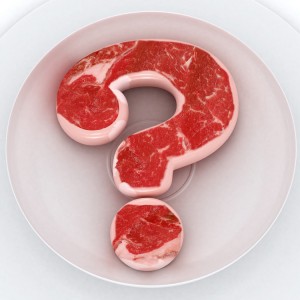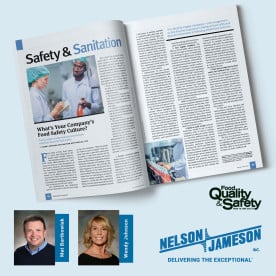 You made have heard rumblings in the news that the European Union has faced some unpleasant news when it comes to their meat supply. Several products have been pulled from European markets, due to the inclusion of horse meat in various products that had been listed and sold as containing beef. One may think “whew...distance is a good thing on this one...better that they are fielding it and not us!”
You made have heard rumblings in the news that the European Union has faced some unpleasant news when it comes to their meat supply. Several products have been pulled from European markets, due to the inclusion of horse meat in various products that had been listed and sold as containing beef. One may think “whew...distance is a good thing on this one...better that they are fielding it and not us!”
Naturally, in a globalized world, the story might reverberate a bit closer to home. How so? Thankfully, such a troubling event isn't presently occurring within our borders, but it points to two themes that might be worth considering.
First of all, this does bring some renewed focus on dealing with food imports. Though the United States has not been affected by the events in Europe, it may provide some renewed vigor in terms of discussions about the Food Safety Modernization Act and policies on the importation of foods from abroad.
A more striking theme comes in the discussion of traceability. Some sources have claimed that this case of consumer fraud proves that the European tracing standards work; whereas, numerous other voices have contended that the EU’s supply chain is “convoluted” and needs greater attention.
The global reach of this fraudulence draws a great deal of attention to the EU, but may also serve as a usable case study as specifics of the Food Safety Modernization continue to formalize. Time will tell what kind of wake has been left from this event, but authorities and consumers are sure to keep the “Horse Meat Scandal of 2013” in mind for some time to come. What are your thoughts? Will this play a major role in shaping policy in the United States, or is this event isolated enough that it should not have any lasting repercussions? We would love to hear your thoughts.





